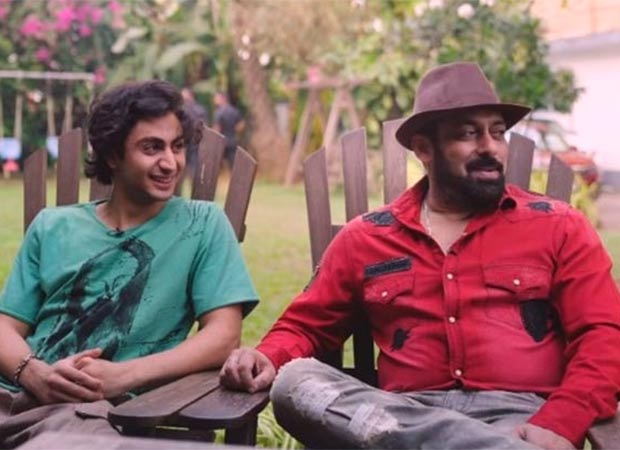The ancient city of Dunhuang, which for centuries welcomed Western merchants travelling along the legendary silk road to China, could be a “perfect platform” to improve China-US relations, according to an American research professor.
Neil Schmid is the first and only Western scholar hired by the Dunhuang Academy in northwest China’s Gansu province to study the nearby Mogao Caves, also called the Thousand Buddha Grottoes. He is convinced the site’s past provides a basis for modern cultural exchanges.
While the caves – the oldest of which date to AD366 – are celebrated for their invaluable insights into the history of Buddhism, they also feature artwork and texts from Confucian, Taoist, Christian and Hebrew traditions.
The diversity of the artefacts reflect Dunhuang’s status from the 2nd century until its decline in the 11th century as a melting pot of ideas, religions and art.
In the countless hours Schmid has spent in the caves since joining the academy in 2018, he has been struck by the diversity of religions and cultures represented in their many artistic layers. “And it is not one culture or religion that dominates,” he said.
Denial of responsibility! Pioneer Newz is an automatic aggregator of the all world’s media. In each content, the hyperlink to the primary source is specified. All trademarks belong to their rightful owners, all materials to their authors. If you are the owner of the content and do not want us to publish your materials, please contact us by email – [email protected]. The content will be deleted within 24 hours.







